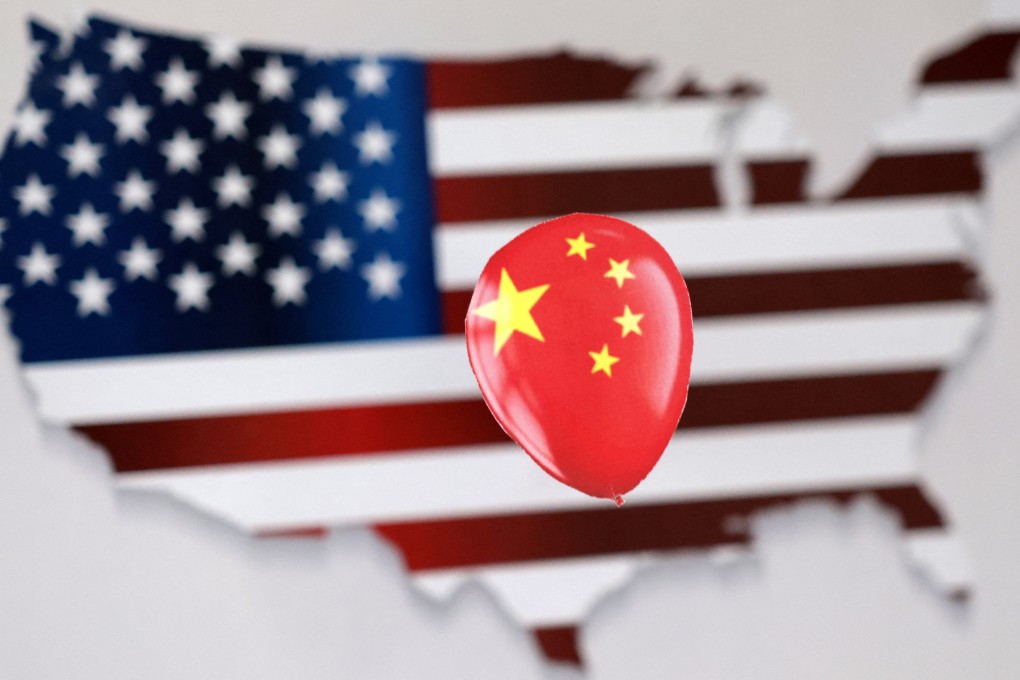Advertisement
China-US relations: will spy balloon fallout bring ‘instability’ to Southeast Asia?
- Many Southeast Asian states receive investment from the US and also trade in American services, which enables them to produce items they sell to China
- Disruption to this system could hurt Southeast Asia at a time when the region is grappling with inflation and economic contractions, an analyst said
Reading Time:4 minutes
Why you can trust SCMP
8

Southeast Asian countries are wary that the US-China fallout over the spy balloon saga could inject instability in the region at a time it faces inflation and economic slowdown, analysts said, as distrust widens between the world’s two largest economies.
The US military on Saturday shot down what it said was a Chinese surveillance balloon that last week crossed into North American airspace, including over sensitive military sites. China insisted it was an accident involving a civilian aircraft and threatened repercussions for Washington’s “overreaction”.
The US Senate is due to be briefed this week on the matter, including details of the balloon’s surveillance capabilities, according to majority leader Chuck Schumer, who added that Washington was considering measures for China’s “brazen activities”.
Advertisement
Chong Ja Ian, associate professor of political science at the National University of Singapore, said Southeast Asian governments will be closely watching the next steps taken by Beijing and Washington to “punish” each other, and how that could affect regional interests.
Many Southeast Asian states receive investment from the US and also trade substantially in American services, said Chong, adding that it enables the economies to produce items that they sell to China, their largest trading partner.
Advertisement
Advertisement
Select Voice
Choose your listening speed
Get through articles 2x faster
1.25x
250 WPM
Slow
Average
Fast
1.25x
